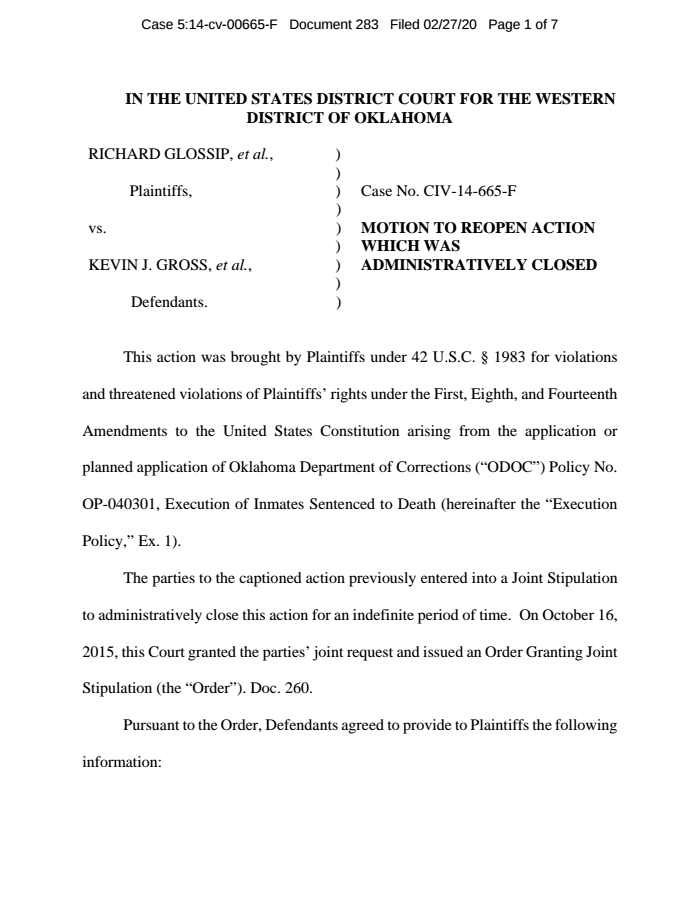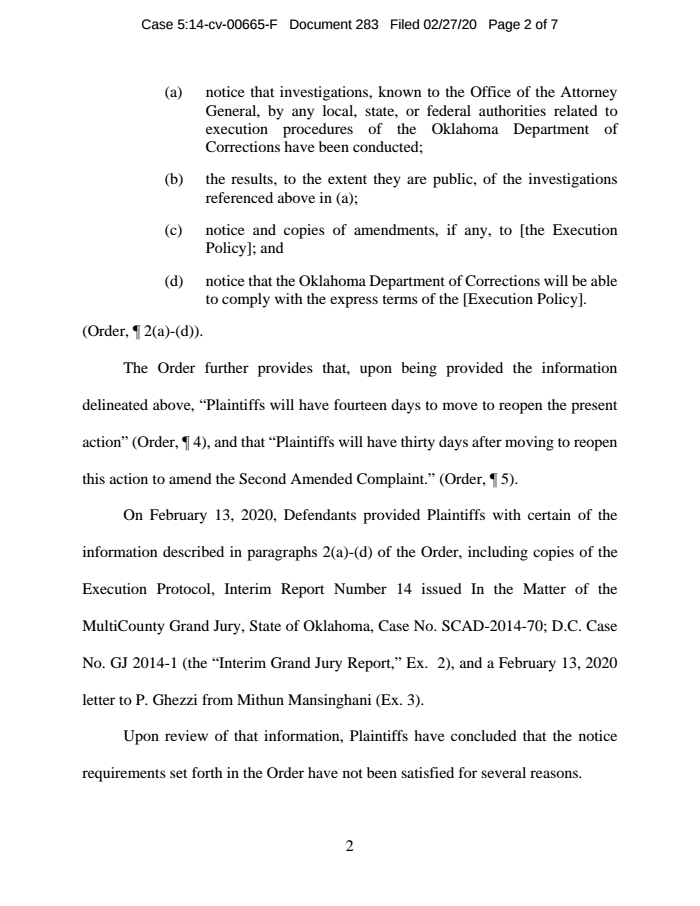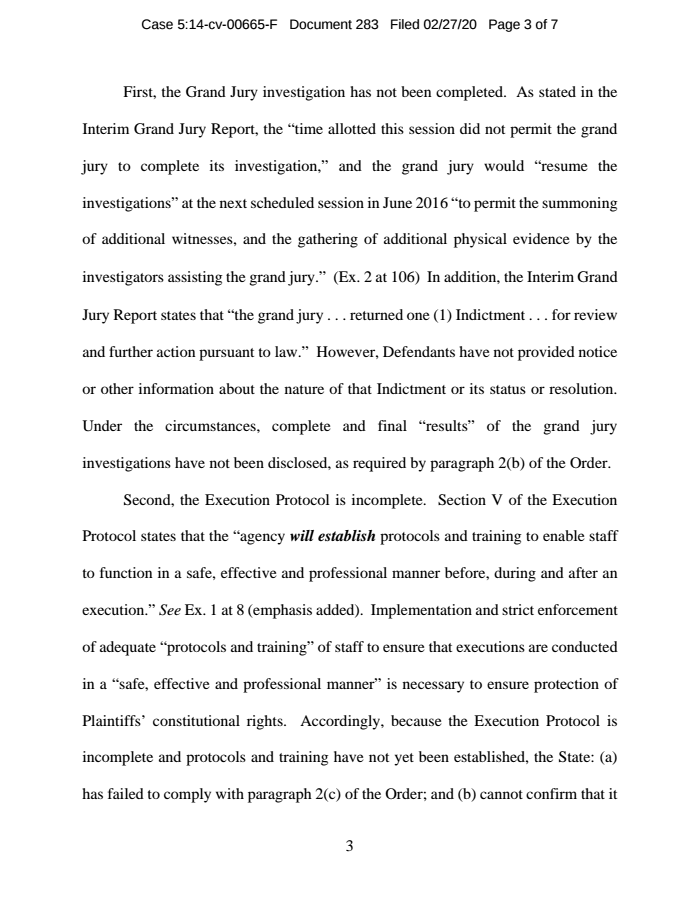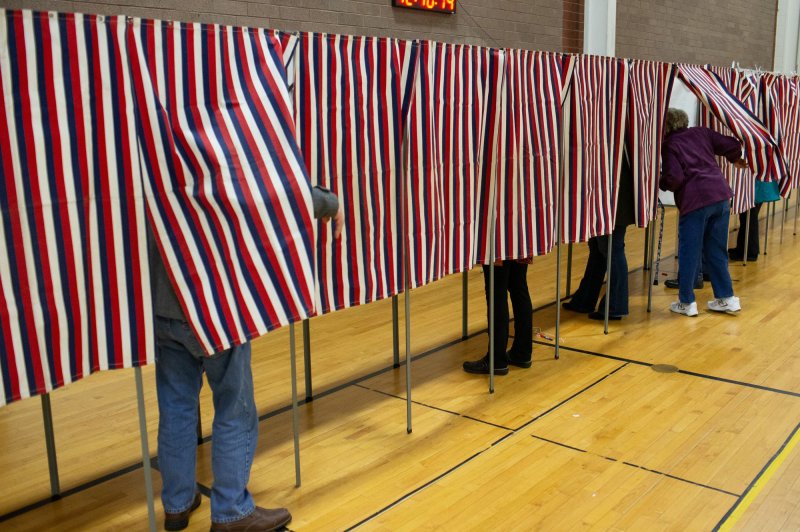
A riot police officer stands among debris at a damaged area in East Delhi that was affected by deadly clashes in Delhi on Thursday. Photo by EPA-EFE
Feb. 27 (UPI) -- The death toll from violence in Delhi's northeast district climbed to 38 Thursday, though officials there said rioting began to subside.
Religious clashes began Sunday over India's controversial citizenship law, which offers amnesty to refugees from multiple neighboring nations as long as they aren't Muslim.
Indian Prime Minister Narendra Modi and his Hindu nationalist Bharatiya Janata Party have consistently supported the law, but opponents say it violates the secular principles of the Indian Constitution.
Opponents rallied against the measure and demanded its withdrawal, but government officials say they won't pull it or amend it. Some activists have clashed with swords, stones and other weapons, and homes, vehicles and other property have been burned across the capital.
A senior Delhi Health Department official told the Press Trust of India that 11 more deaths were reported Thursday. Some 200 people have been injured in the violence.
It's unclear how many people have been arrested amid the arson, looting and bloodshed.
Some witnesses told The New York Times that police forces loyal to Bharatiya Janata Party have declined to intervene as Hindu mobs kill Muslim civilians.
Special Commissioner S N Shrivastava said, though, the violence has subsided in some areas.
"The situation is returning to normal. We are here to reassure people that we are with them," he said.
IS FASCISM, CASTISM AND RACISM















